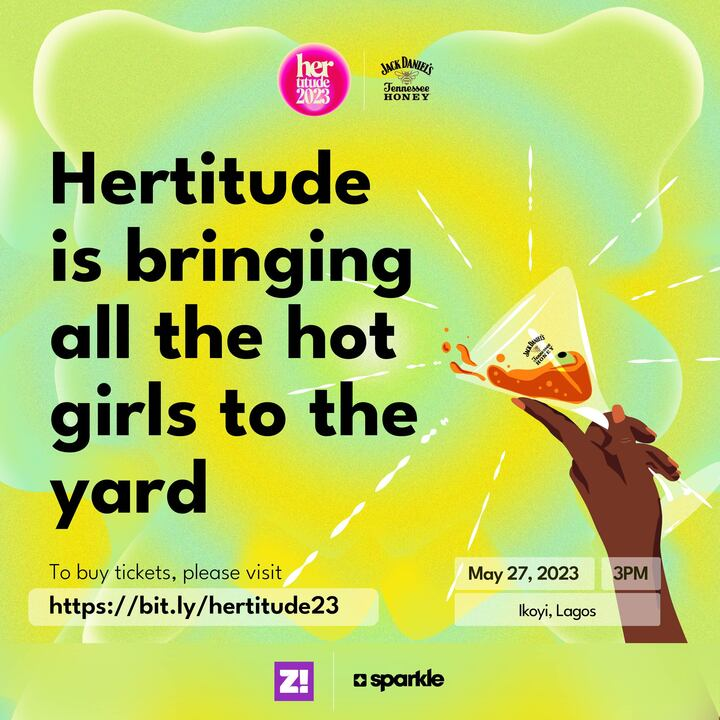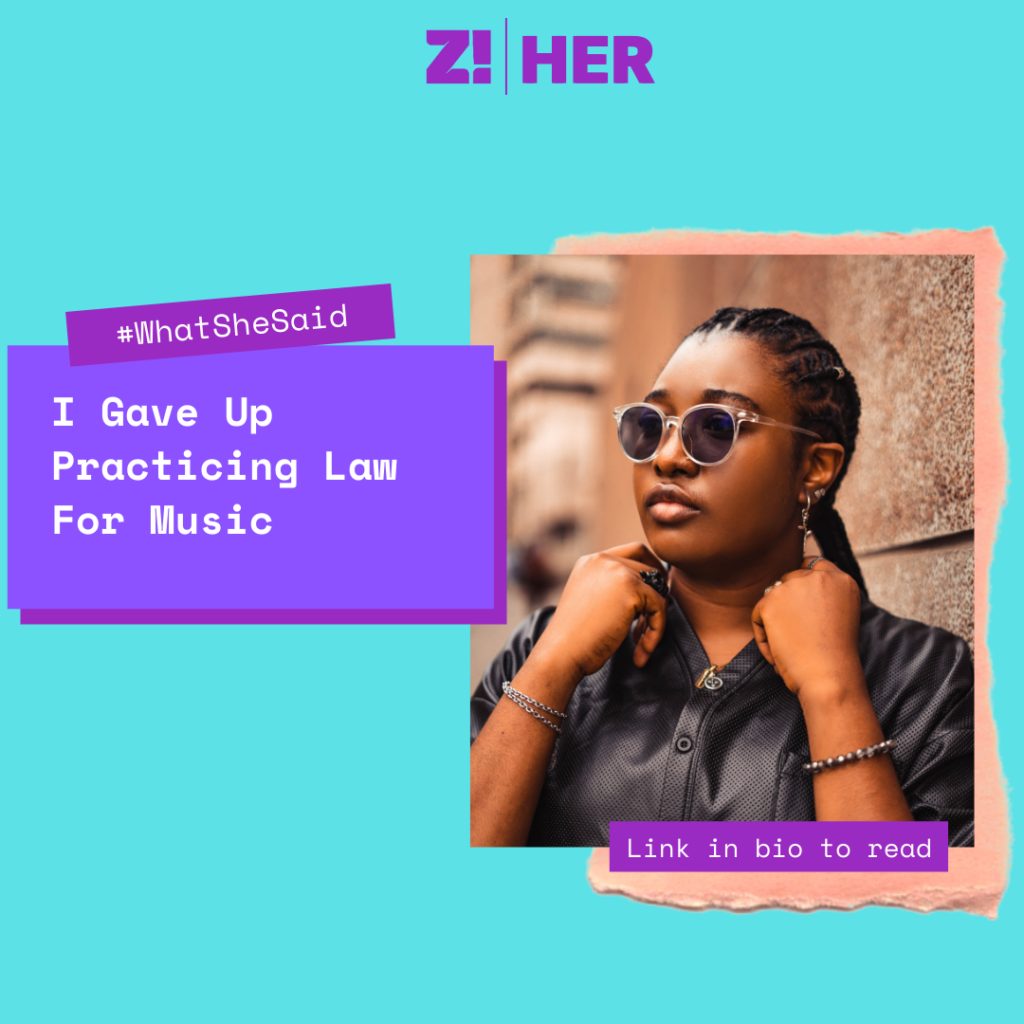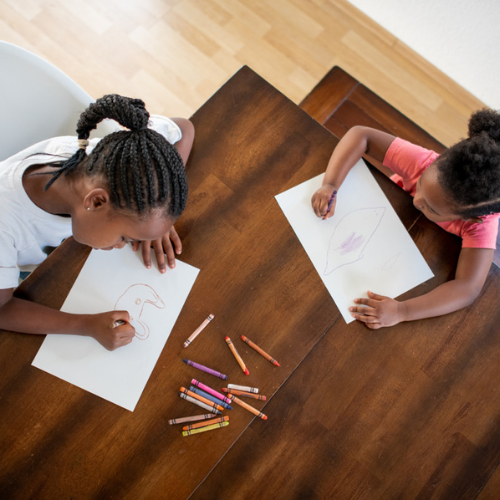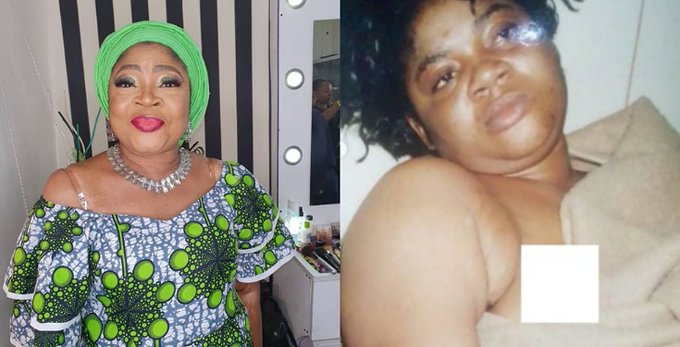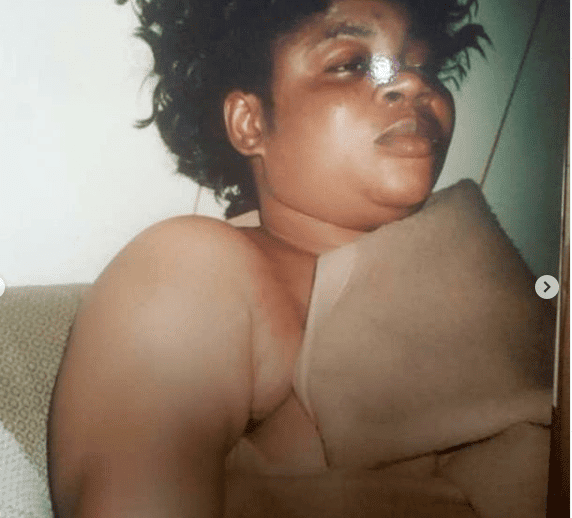The rejuvenation of Hip-Hop music has been visible across Africa in terms of sound evolution, more diverse styles and unique voices, and newer stories and perspectives. But it’s still redundant in proper representation of some of its contributors—the women in the genre. As popular as this issue is, it won’t remedy itself without intervention from the industry, fans, and the media.
For this week’s Zikoko coverage of women in pop culture, we introduce ten female artists who’re popping with the Hip-Hop art form, from Nigeria across Africa to the rapping African babes in the diaspora.
Reespect (Nigeria)
As you discover Reespect‘s music, keep in mind that you’re getting raps with soul. Human emotions and fragility laid down at her mic check. Although Reespect’s music connects primarily in reflection when noises are dead, and the party’s over, jams like Jungle, Twinkle and Hotline highlight her unboxed artistry.
Rosa Ree (Tanzania)
I found Rosa Ree, a Bongo Flava rapper, on my radar after watching her on the 2020 BET Hip-Hop Cypher. Her single One Time is a message and shot sent through the rung of the Tanzanian music industry that women also exist in Hip-Hop. Staying true to her voice and image, Rosa Ree takes a clear stance on I’m Not Sorry (2023). Aside from discussing women’s experiences in her music, she’s skilled to go bar for bar with any challenger. Peep her latest In Too Deep (2024) to catch in her emotional bag.
Elisabeth Ventura (Angola)
Elisabeth Ventura is also among the rappers I watched at the 2020 BET Hip-Hop Cypher, and what stood out to me were her switchable flows and breath control. Her music concept prides itself on femininity and her natural hair. In 2023, she teamed up with Cage One to release a collaborative album titled “King Raising a Queen,” on which she explores various sounds like Afropop and Drill and showcases her singing abilities.
SGaWD (Nigeria)
If there’s a popular word to describe the energy that jumps out of SGaWD‘s music, it’d be “hot girl.” Her sound selection, wardrobe choice and choreography are proof of that. Since she left her legal career and released her debut EP “Savage Bitch Juice” (2021), she wields her art form as a unifying tool of comfort, sexuality and the female experience. SGaWD’s music is experimental and the nuanced details of her romance and sex life are enjoyable flows on her list of singles including POPSHIT, Boy Toy, Dump All Your Worries On the Dance Floor and Juicebox.
Eno Barony (Ghana)
Accessible wordplays, punchlines, storytelling and versatility are the major components that make rap music pop. Eno Barony has all these and has distinguished herself with them. Songs like Wats My Name and Argument Done prove she’s battle-tested. Her women-focused “Ladies First” album exemplifies her hit-making and braggadocious abilities. With significant music awards like the 3Music Award and African Muzik Magazine Awards, Eno Barony sits in conversations with the best rappers in her country. [ad][/ad]
Eno Barony may not be a familiar name outside of Ghana, but she’s held down the Ghanaian rap scene as strongly as her male counterparts. Get familiar.
FEMI ONE (Kenya)
Straight out of Nairobi, FEMI ONE’style of Hip-Hop style sports, humourous and fire-breathing bars, football references and fun production. From being one of the first female rappers to win the best rapper award at the AFRIMMA 2022 to performing at Boomplay’s Boomfest 2024, FEMI sets herself aside as a wavemaker in Kenya’s music scene. Are you looking to hear something different and fierce in African Hip-Hop? Her albums “Greatness” (2021) and “Dem Kutoka Mwiki” (2023) will serve you.
Ami Yerewolo (Mali)
Ami Yerewolo is a conscious artist: check her album titles and lyricism. Gender equality and the fight against violence and oppression are messages in her music. In 2014, she got significant attention with her sophomore album, “Naissance” (meaning “Birth”). The album is considered the first female Malian rap album, and it cemented her as the first female Madinka rapper. Since then, she has made her third and fourth albums, “Mon Combat” (meaning “My Fight” (2018)) and “AY” (2021). In 2018, she also started a festival called “Mali a des Rappeuses” (meaning “Mali has female rappers), giving a platform to younger female rappers on that side of the world. She remains consistent, giving her voice to African rhythms and social causes.
Maryama Cham (Gambia)
Maryama Cham is a rising, diverse artist and activist from Gambian. When she’s not doing soul music or mixing Gambian traditional elements or Reggae, she’s rapping about societal issues like female genital mutilation, climate change and human trafficking. We don’t see a young, cool musician conscious of her world and generations-deep in her ancestral history.
ZuluMecca (South Africa)
If you call ZuluMecca a rapper’s rapper, you aren’t wrong. Her grasp on conscious messaging, braggadocious lyricism and emotive topics is outstanding. Get Mecca on boom-bap beats; she’ll deliver head-knocking performances. Put her on trap, alternative or any sound, and it’s a toast for that instrumental. If you’re searching for soulful raps with street confidence and fashionista swag, ZuluMecca says yo.
Pongo (Angola)
Although Pongo was born in Angola, she lives in Portugal. Her music is hip-hop perfectly blended with Kuduro (Angola dance music), pop, dancehall and electronic dance music. With a sensitive voice and passion for African stories and her diaspora experiences, Pongo invokes impressive and breathtaking sounds.
Honourable mentions:
Odeneho Cannella (Ghana)
Freda Rhymz (Ghana)
thellO (Nigeria)
Deto Black (Nigeria)
MonaQueen (Nigeria)
Patty Monroe (South Africa)




